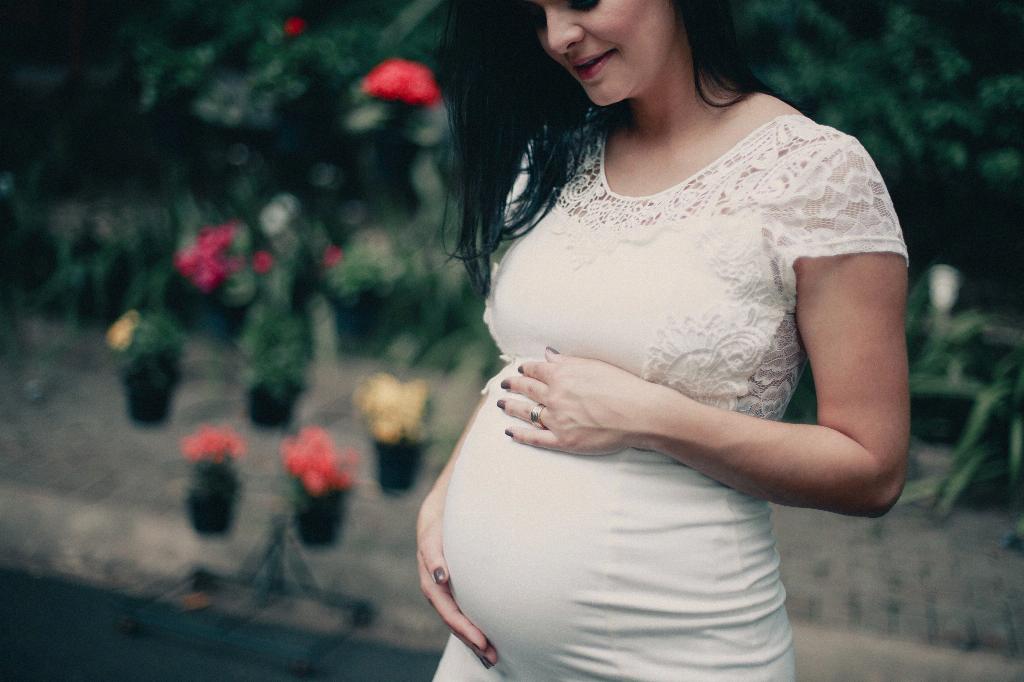Understanding the intricacies of immunity to rubella post-vaccination is crucial in ensuring effective protection against this contagious disease. Despite vaccination efforts, some individuals may not develop sufficient immunity, leading to questions and concerns surrounding the effectiveness of the vaccine.
One key factor contributing to the lack of immunity after rubella vaccination is individual variability in immune response. Each person’s immune system is unique, and factors such as genetic predisposition, underlying health conditions, and age can influence how effectively the body responds to the vaccine.
In some cases, individuals may receive an inadequate vaccine dose or experience improper storage and handling of the vaccine, impacting its efficacy. Ensuring proper vaccination protocols are followed, including correct dosing and storage, is essential in maximizing the vaccine’s protective effects.
Additionally, the timing of vaccination plays a crucial role in immune response. For rubella, a two-dose MMR (measles, mumps, and rubella) vaccine is typically recommended to ensure optimal immunity. If individuals receive only one dose, they may be at higher risk of not developing adequate immunity.
Furthermore, certain populations, such as immunocompromised individuals or those with weakened immune systems, may have challenges in mounting a robust immune response to the vaccine. This can result in lower antibody levels and decreased immunity against rubella following vaccination.
Another factor to consider is the possibility of waning immunity over time. While vaccines provide essential protection, immunity levels can decrease over the years, making individuals more susceptible to infections such as rubella. Regular booster shots may be necessary to maintain adequate immunity.
In some cases, individuals may unknowingly have pre-existing immunity to rubella due to prior exposure or infection, which can impact the body’s response to vaccination. Serological testing can help identify individuals who may not need vaccination or require additional doses to achieve protective immunity.
It is also important to acknowledge the role of vaccine hesitancy and misinformation in influencing vaccine effectiveness. Misconceptions about vaccine safety and efficacy can deter individuals from getting vaccinated or following recommended schedules, leading to gaps in immunity and increased risk of infection.
Educational efforts and healthcare provider guidance are crucial in addressing concerns and ensuring understanding of the benefits of vaccination. Open communication and tailored vaccination strategies can help improve vaccine acceptance and effectiveness in preventing diseases like rubella.
In conclusion, the factors contributing to the lack of immunity to rubella after vaccination are multifaceted and highlight the complex nature of immune response. By addressing individual variability, vaccination protocols, timing, population-specific considerations, and education, we can work towards enhancing immunity levels and protecting communities against rubella and other infectious diseases.

